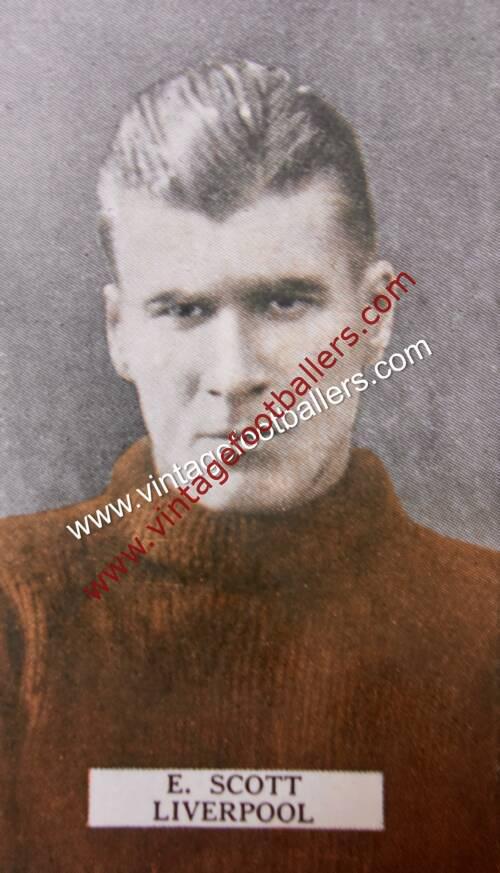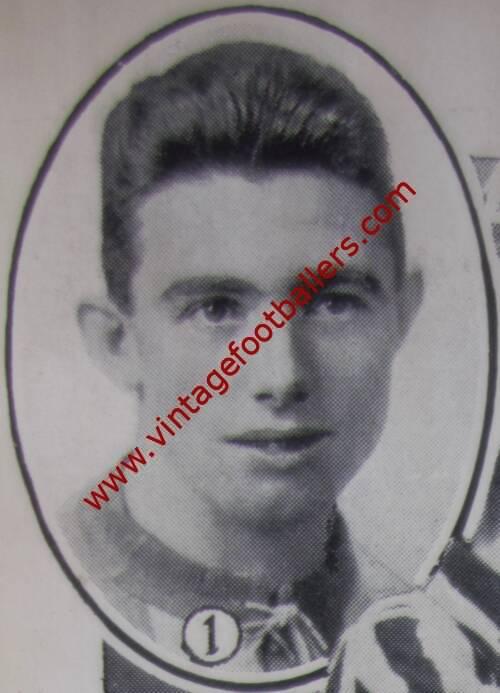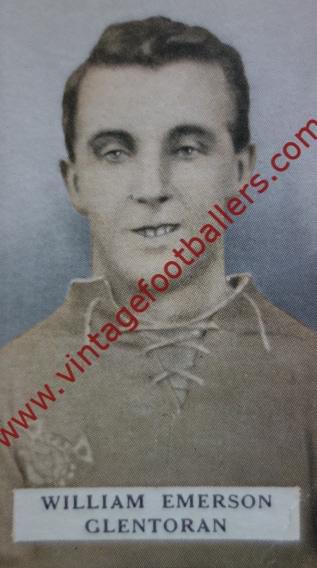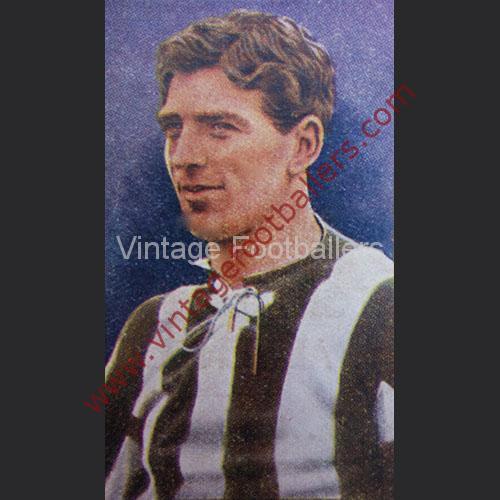Please choose your photo size from the drop down menu below.
If you wish your photo to be framed please select Yes.
Note: 16″x 20″not available in a frame.
Images can also be added to accessories. To order please follow these links
£8.95 – £49.95
Please choose your photo size from the drop down menu below.
If you wish your photo to be framed please select Yes.
Note: 16″x 20″not available in a frame.
Images can also be added to accessories. To order please follow these links
Inverarity, Forfarshire born centre half Bob Milne was a career soldier who served in Guernsey before being posted to Belfast. He captained the Gordon Highlanders regimental team to an Irish Cup semi-final win over Linfield in February 1890, and then to a Final success against Cliftonville. Also in February he played against Linfield in the County Antrim Shield semi-final. Obviously impressed, Linfield bought Milne out of the army in March 1890, and so began an association that would last twenty years. An excellent all-round sportsman, Milne’s tough military training gave him a distinct fitness advantage and he was Ulster half-mile champion for two successive years.
Moustachioed, well-built and of rotund face, Milne was noted by a contemporary as “one of the finest footballers I have ever watched”. Capable of playing right across the half-back line, his primary position was centre-half though his first two international appearances for Ireland in February and March 1894 were at left-half. A good header of the ball and excellent at taking free kicks, he possessed a powerful shot and could often be found among the goals. He was Linfield’s regular penalty taker, in a 7-1 win over Glentoran in October 1891 he became the first ever Irish League player to convert two penalties in one match. He was a regular as the Blues claimed the first three Irish League titles between 1891 and 1893, and by the time he’d retired in 1910 he had lifted the Gibson Cup ten times. Those first three League titles coincided with three Irish Cup wins and three Charity Cup wins – a “Treble-Treble”.
In addition to those League successes were nine in the City Cup and then there was the Irish Cup. Milne maintained a superb record in the Irish game’s Blue Riband trophy, claiming nine winner’s medals (including that one with Gordon Highlanders) and scoring eight goals in those big matches. Those goals included a brace in a 5-1 win over Cliftonville in 1893 and a hat-trick in a record 10-1 win over Bohemians in 1895. Inevitably Milne became much sought after by Football League clubs. He remained loyal to Linfield, rejecting overtures from Birmingham, Accrington, Sheffield United, Nottingham Forest and others. He did play in a trial for Nottingham Forest v Notts County on 26th December 1892 but decided to remain in Belfast and became club captain of Linfield in 1903.
Representative honours were also in plentiful during Milne’s long and glorious career. In March 1893 he took to the field for the Irish League’s first ever match, a 3-0 win over the Scottish League. In 1894 Milne, a Scot, was selected for Ireland as he had become “Irish” after five years residency. In all Milne won 28 caps between 1894 and 1906 and had the honour of scoring the first ever penalty at international level, giving Ireland a 3-2 lead in the 43rd minute against Scotland in March 1896 although the match finished a 3-3 draw. Eleven months later he missed from the spot against England, though it was largely inconsequential in a 6-0 defeat. The English goalkeeper was Jack Robinson, on his debut. He repeated this feat again in March 1898 by shooting wide of Jack Robinson’s post in a 3-2 defeat. Much more telling was the penalty against England in March 1902, which English goalkeeper Bill George saved. A goal would have given Ireland the lead, and possibly set them up for a first ever win over the English but the match finished in a 1-0 defeat. Milne is thus the only player in the World to fail to score with a penalty against England on three occasions!
In a twenty-year plus playing career, Milne claimed a remarkable host of honours. He claimed 28 caps – in the days when Ireland played only three matches a season – a further 10 Irish League caps between 1893 and 1905, and over thirty winner’s medals. He captained both club and country and was honoured with a benefit that earned him the startling sum of £113. His name was mentioned in the same breath as international contemporaries Steve Bloomer, G.O. Smith, Billy Meredith and Olphie Stanfield.
| Weight | N/A |
|---|



